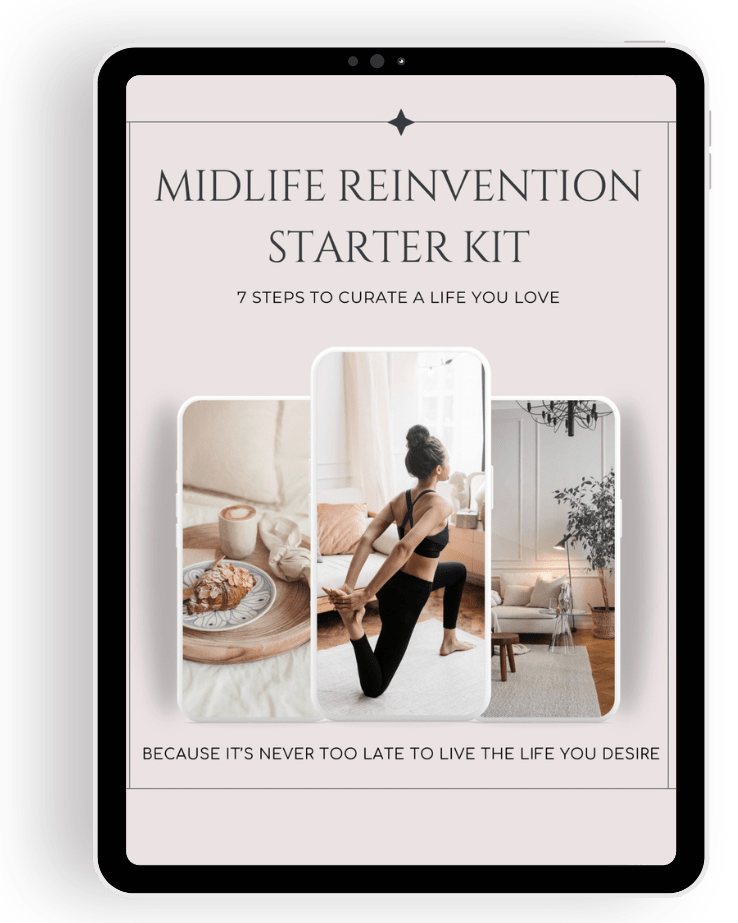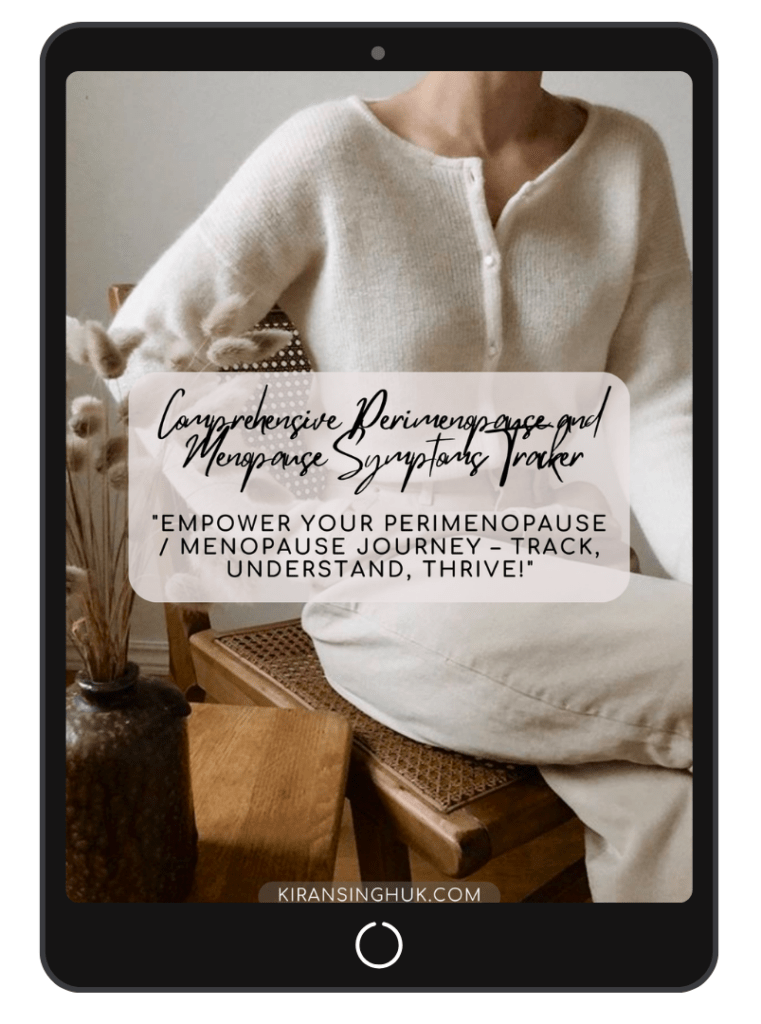Protein: Your Essential Ally During Menopause
As we move through perimenopause and menopause, our bodies undergo significant hormonal shifts impacting everything from muscle mass and metabolism to bone density, skin health, and energy levels. Increasing protein intake is one of the most overlooked yet crucial dietary adjustments during this phase.
Protein isn’t just about building muscle – it’s the foundation for cell repair, immune function, hormone production, and overall vitality. Ensuring you get enough protein daily can help counteract muscle loss, stabilise blood sugar, reduce cravings, and support a lean, strong body.

Why Protein Is Vital During Menopause
1. Prevents Muscle Loss & Boosts Metabolism
From the age of 30, women begin to lose muscle mass at a rate of about 3-8% per decade – a process that accelerates during menopause due to declining oestrogen levels. This loss of muscle leads to a slower metabolism, making weight management more challenging.
✔ How Protein Helps:
- Supports muscle repair and growth
- Helps maintain a healthy metabolism
- Prevents age-related muscle loss (sarcopenia)
2. Supports Hormonal Balance & Reduces Cravings
Fluctuating oestrogen, progesterone, and insulin levels can lead to sugar cravings, energy crashes, and mood swings. Protein helps stabilise blood sugar levels, keeping you fuller for longer and reducing cravings for processed carbohydrates and sweets.
✔ How Protein Helps:
- Balances blood sugar & reduces insulin resistance
- Keeps energy levels stable
- Helps regulate hunger hormones (ghrelin & leptin)
3. Strengthens Bones & Reduces Osteoporosis Risk
Oestrogen plays a vital role in bone health, and as its levels decline, the risk of osteoporosis and fractures increases. While calcium and vitamin D are often emphasised, protein is equally essential for maintaining bone strength.
✔ How Protein Helps:
- Supports bone density & repair
- Enhances calcium absorption
- Reduces the risk of osteoporosis & fractures
4. Supports Skin, Hair & Collagen Production
Collagen, the protein responsible for skin elasticity, hair strength, and joint health, naturally declines with age. This contributes to sagging skin, fine lines, thinning hair, and joint discomfort.
✔ How Protein Helps:
- Provides the building blocks for collagen production
- Supports skin hydration & elasticity
- Strengthens hair & nails

5. Boosts Mood, Sleep & Cognitive Function
Many women experience brain fog, anxiety, and sleep disturbances during menopause. Protein contains amino acids that support neurotransmitter production, which influences mood, focus, and sleep quality.
✔ How Protein Helps:
- Provides tryptophan, a precursor to serotonin (the ‘feel-good’ hormone)
- Supports dopamine & GABA for better mood stability & stress resilience
- Helps maintain mental clarity & cognitive function

How Much Protein Do You Need?
The recommended daily intake (RDI) for protein is 0.8g per kg of body weight, but research suggests that midlife women benefit from at least 1.2-1.5g per kg to preserve muscle, boost metabolism, and support overall health.
Example Guidelines for a Midlife Woman (65kg/143lbs):
- Minimum: 52g of protein per day
- Optimal Range: 78-98g of protein per day
Best Protein Sources for Menopausal Women
Animal-Based Proteins
- ✔ Lean meats (chicken, turkey, lean beef)
- ✔ Fatty fish (salmon, mackerel, sardines – also rich in omega-3s)
- ✔ Eggs (complete protein & contains choline for brain health)
- ✔ Dairy (Greek yoghurt, cottage cheese, kefir for gut health & calcium)
Plant-Based Proteins
- ✔ Lentils & beans (high in fibre & plant-based protein)
- ✔ Chia & flaxseeds (contain omega-3s & support hormone balance)
- ✔ Quinoa (a complete plant protein)
- ✔ Tofu & tempeh (great plant-based options with phytoestrogens)
- ✔ Nuts & seeds (almonds, walnuts, hemp seeds for protein & healthy fats)

Easy Ways to Add More Protein to Your Diet
- Start your day with a protein-packed breakfast (e.g. Greek yoghurt with nuts & seeds, eggs with avocado, protein smoothies).
- Add lean protein to every meal (e.g. chicken, fish, tofu, beans, or lentils).
- Snack on high-protein options like cottage cheese, hummus, or boiled eggs.
- Incorporate protein powders (whey, collagen, or plant-based) into smoothies or oatmeal.
- Make bone broth a staple for added collagen and gut support.
Final Thoughts: Prioritise Protein for a Strong, Healthy Menopause
Protein is not just a nutrient – it’s a powerhouse for menopausal health. By prioritising high-quality protein sources daily, you can preserve muscle, boost metabolism, improve bone density, enhance mood, and support skin health.
Menopause isn’t about losing vitality – it’s about redefining strength, energy, and well-being on your terms. Protein is one of your greatest allies in this journey.

Feel free to sign up to my Friday Morning Love Note HERE! This isn’t just a newsletter - it’s your invitation to pause, reflect, and realign with you. Every week, we’ll journey together to uncover the small, meaningful shifts that will help you design a life that feels uniquely and beautifully yours. Each week, I’ll deliver fresh intentions, uplifting tips, and simple shifts to inspire purposeful, creative living.








